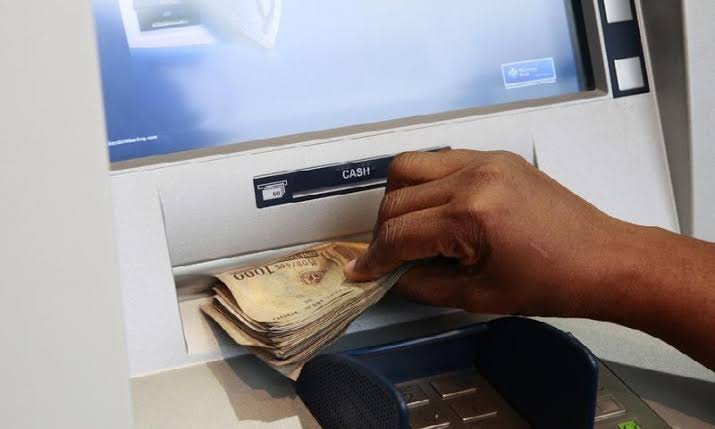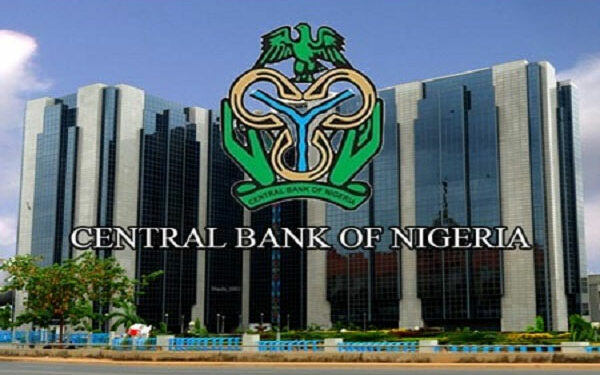On Lagos’s Adeola Odeku Street, banks ATM sit empty while mobile money agents like Sani Abdulrahman, under makeshift umbrellas, handle Nigeria’s growing cash demand.

On Lagos’s Adeola Odeku Street, banks line the road; however, empty ATM drive customers to mobile money agents under umbrellas, wielding point-of-sale (POS) devices.
“My business is to give you money if you can’t get it there,” says Sani Abdulrahman, pointing to an ATM across the street.
Meanwhile, with over two million agents nationwide, these informal operators handle most of Nigeria’s daily transactions, sidelining banks and hoarding cash.
Initially, the Central Bank of Nigeria (CBN) encouraged the system to boost financial inclusion.
Yet, it now fears the system undermines monetary policy, fuels inflation, and loosens its grip on the naira.
Furthermore, as of September, 93% of Nigeria’s ₦ 4 trillion in currency circulates outside banks.
“Excess cash outside the system renders policies on lending rates ineffective,” explains economist Ijeoma Kalu.
Read Also: NESG: Power Shortages And FX instability Stalling Nigerian Businesses
Nonetheless, the CBN faces pressure to manage cash shortages without derailing financial inclusion progress.
In addition, Nigeria’s ATM shortage—14 per 100,000 adults compared to Egypt’s 31—worsens the issue.
Consequently, agents thrive by supplying cash to businesses and charging fees higher than bank rates.
Their rise reflects broader financial challenges: nearly half of Nigerian adults lack access to regulated payments, and many municipalities have no banks.
To address this, the CBN recently threatened to sanction banks failing to stock ATMs, providing ₦1.5 billion weekly to Lagos banks.
However, branch managers report bare vaults, with cash supply far below daily demand.
Mobile Money Agents: Lifeline Or Liability?
Therefore, agents, often unemployed youth, see the business as a lifeline.
“The other option is to stay at home,” says 22-year-old agent Frederick Owunebe.
For now, agents remain indispensable in a cash-dependent economy, even as the CBN struggles to regain control.

